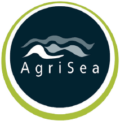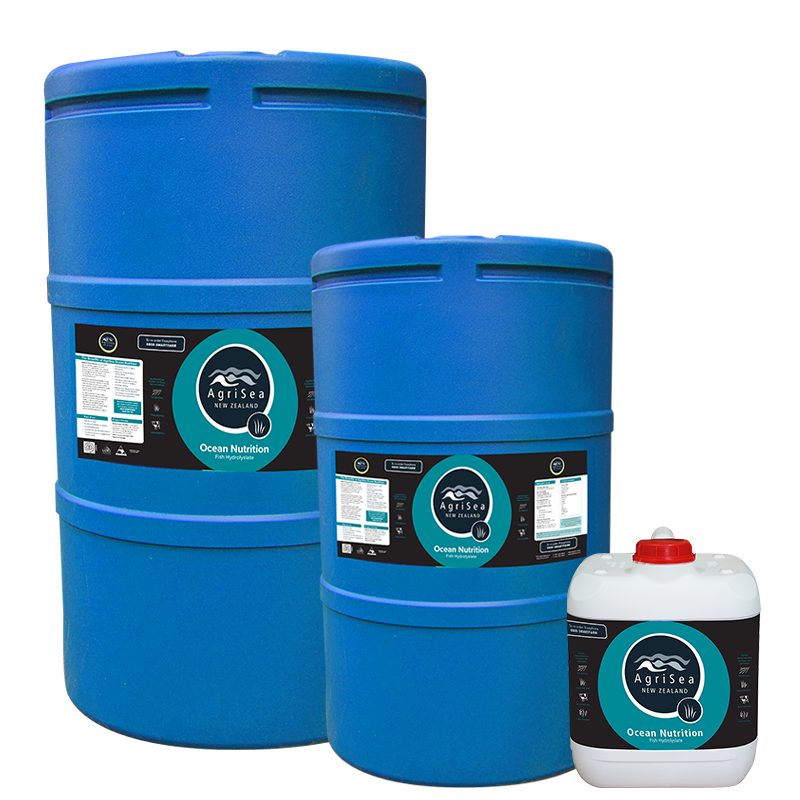TRACE ELEMENT FOCUS: IODINE
Iodine is a key component of a large number of metabolic processes in any ruminant animal and it plays a vital role in the synthesis of thyroid hormones. Thyroid hormones have an essential role in regulating base metabolic rates in animals (maintenance energy requirements).
In addition to regulating metabolic rates, it also has an important role in lactation, muscle function, immune response, circulation (blood and lymph) and especially the seasonality of reproduction (cycling).
Iodine is critical in foetal development and deficiency is linked to short returns and foetal re-absorption (at any stage) through gestation.
Deficiency symptoms are:
- Irregular cycling and decreased heat intensity
- Appearance of a goitre (large lump in animals neck)
- Foetal death at any stage of gestation
- Hairless and weak full term calves
- Decreased conception rates
- Increase retained foetal membranes
- An implication that iodine levels may play a role in bearing troubles in ewes.
Iodine deficiencies cannot be quickly remedied and one-off doses to animals are not sufficient to correct the deficiency.
There are a number of food sources that can affect animals thyroid hormone levels. Of particular note are compounds known as goitrogens and goitrins which will either inhibit uptake of iodine or prevent the formation of thyroid hormones.
- Goitrogens can be found in white clovers and some other supplements like soya bean, and can be corrected with additional doses of iodine.
- Goitrins are found in common winter crops such as kale, rape, turnips etc. The effects from these can only be remedied by removal from crops or ensuring there is ample iodine made available prior to feeding the crop.

